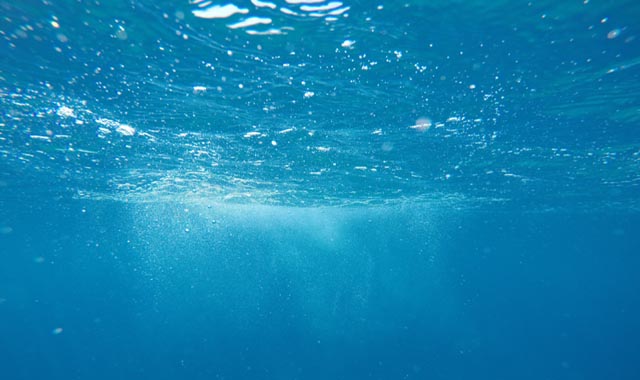
PARIS, Sept 8, 2023 (BSS/AFP) - An unprecedentedly violent volcanic eruption that triggered a tsunami off the Pacific island nation of Tonga in 2022 unleashed the fastest underwater currents ever recorded, according to a study published on Thursday.
The submerged Hunga Tonga-Hunga Ha'apai Volcano sent rocks, ash and gas racing across the seafloor at 122 kilometres (76 miles) per hour in January last year, found the paper published in the journal Science.
The eruption -- the most powerful ever recorded with modern equipment -- triggered a deadly tsunami and "avalanche-like flows" of material that damaged underwater telecommunications cables connecting Tonga with the rest of the world.
A research team led by scientists from Britain's National Oceanography Centre (NOC) used the timings and locations of cable damage to calculate the speed of the flows.
The volcano's eruption plume, up to 57 kilometres high, fell directly into the water and onto steep underwater slopes, explained Mike Clare of the NOC.
The speed and power of the currents were so great that they were capable of running at least 100 kilometres across the seafloor and wrecking the cables, he said.
The flows were faster than those triggered by earthquakes, floods or storms, the paper added.
Many volcanoes lie under the ocean but few are monitored, meaning the risk to coastal communities and critical infrastructure "remains poorly understood", said Isobel Yeo, an NOC vulcanologist and joint-lead scientist on the paper.
Eruptions on land also belch hot and fast currents of lava, volcanic ash and gases known as pyroclastic flows.
But this study was the first to document what happened when large amounts of erupted volcanic material were delivered to the ocean directly.
The Hunga Tonga-Hunga Ha'apai eruption unleashed a force equivalent to hundreds of atomic bombs, with the subsequent tsunami killing at least three people and destroying homes on Tonga.
Scientists found the eruption blasted out debris at record heights in the atmosphere.